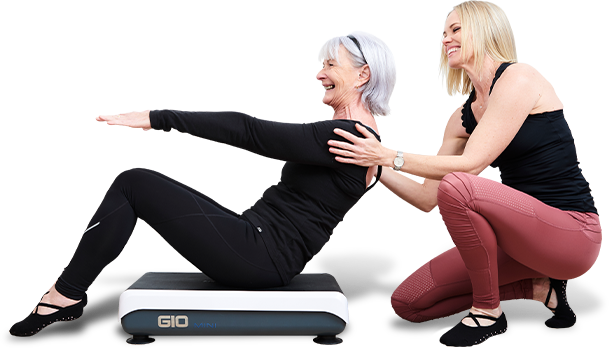Exercise Can Improve Work-Life Balance, Study Shows
A couple of months ago, Harvard Business Review published an article on exercise and its positive effects on the work-life balance, showing that people who train regularly are less stressed, more productive and more likely to enjoy the time spent working.
People who follow an exercise program have a higher self-efficiency, and are more likely to accept difficult tasks and challenges and to get work done, the article says. Also, fitness enthusiasts have a higher self-confidence level both in their personal and professional life, the benefits of exercise going well beyond a slimmer physique or a lower risk of ailment.
Exercise linked to better self-efficiency, lower stress levels
Exercise boosts the production of serotonin and dopamine, chemicals that induce feelings of calmness and happiness, lowering stress levels and helping one focus better on their work tasks. According to Christin Anderson from the University of San Francisco, working out affects many sites within the nervous system, and helps in thinking more clearly and performing better.
After surveying 476 working adults about their exercise behavior, ability to handle work and life commitments and confidence in handling conflicts, a team from Saint Leo University found that regular exercisers were less stressed and better at handling the interaction of home and work life.
For people who train on a daily basis, working out is not only a way to relax and relieve the physical tension, but also an enjoyable method to get rid of mental tension and a break from the daily routine, during which they can think to complex problems and look for solutions.
Finding the motivation or making time for exercise can be a real challenge for a busy person, and lots of people find it difficult to stick with a workout schedule. This is why one’s self-confidence increases after a training session; workouts induce feelings of accomplishment and well-being, and these are carried over into the work/family life.
People who train regularly feel they have a better control their lives, and the adherence to exercise helps them stay organized and make the most of the time spent working. In the study published in HBR, 55% of participants were women, and the average time spent at work was 40 hours/week. Average age of participants was 41, and 29% of all men and women surveyed had at least one child under 18 living at home.
These details are important as they show that regardless of how busy your schedule is, you can still find time to exercise, even if you break the workouts into smaller training sessions. If you can’t dedicate 1 hour for running before work, then try to do a 20-minute HIIT session in the morning, and add another 20-30 minutes of strength training in the afternoon.
Use the launch break to burn some extra calories by climbing the stairs for 5-10 minutes, or doing jumping jacks, or simply take a walk after lunch and after work. Even 15 minutes of stretching or light aerobic training can have a positive impact on one’s physical and mental health, so try to make the most of your free time and to add exercise to your daily routine.
Have something to add to this article? Comment below or join our Facebook community and share your thoughts with us!















